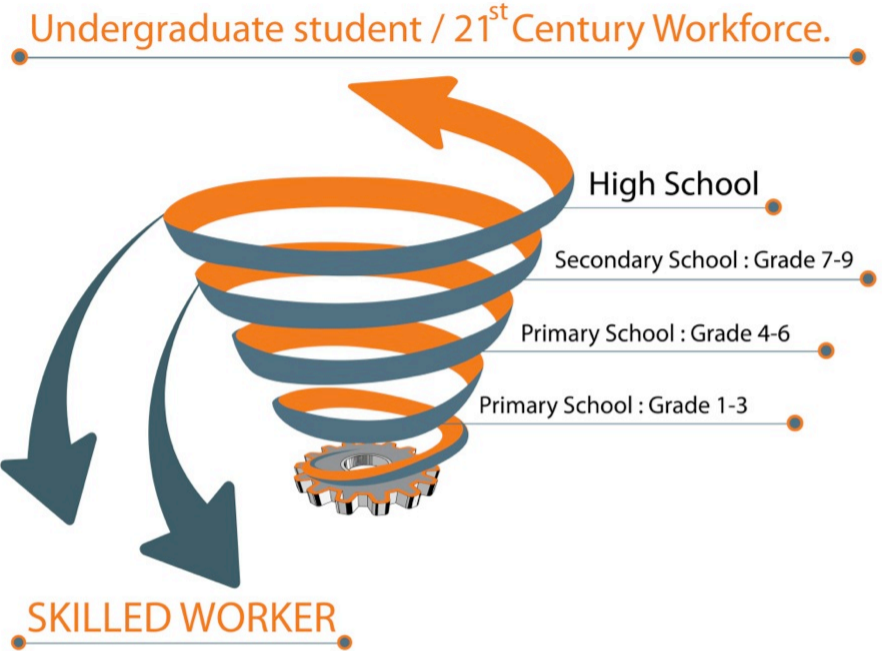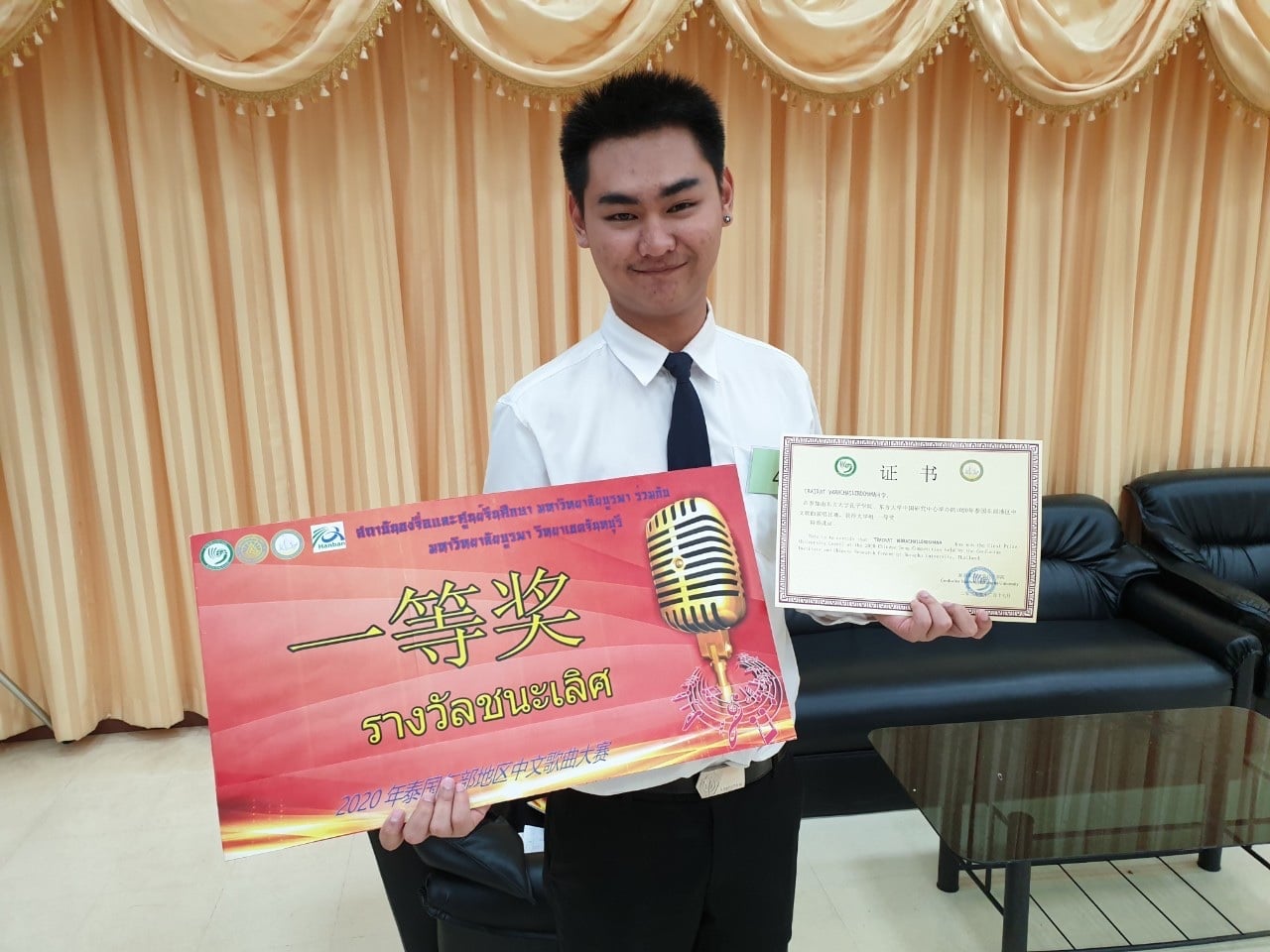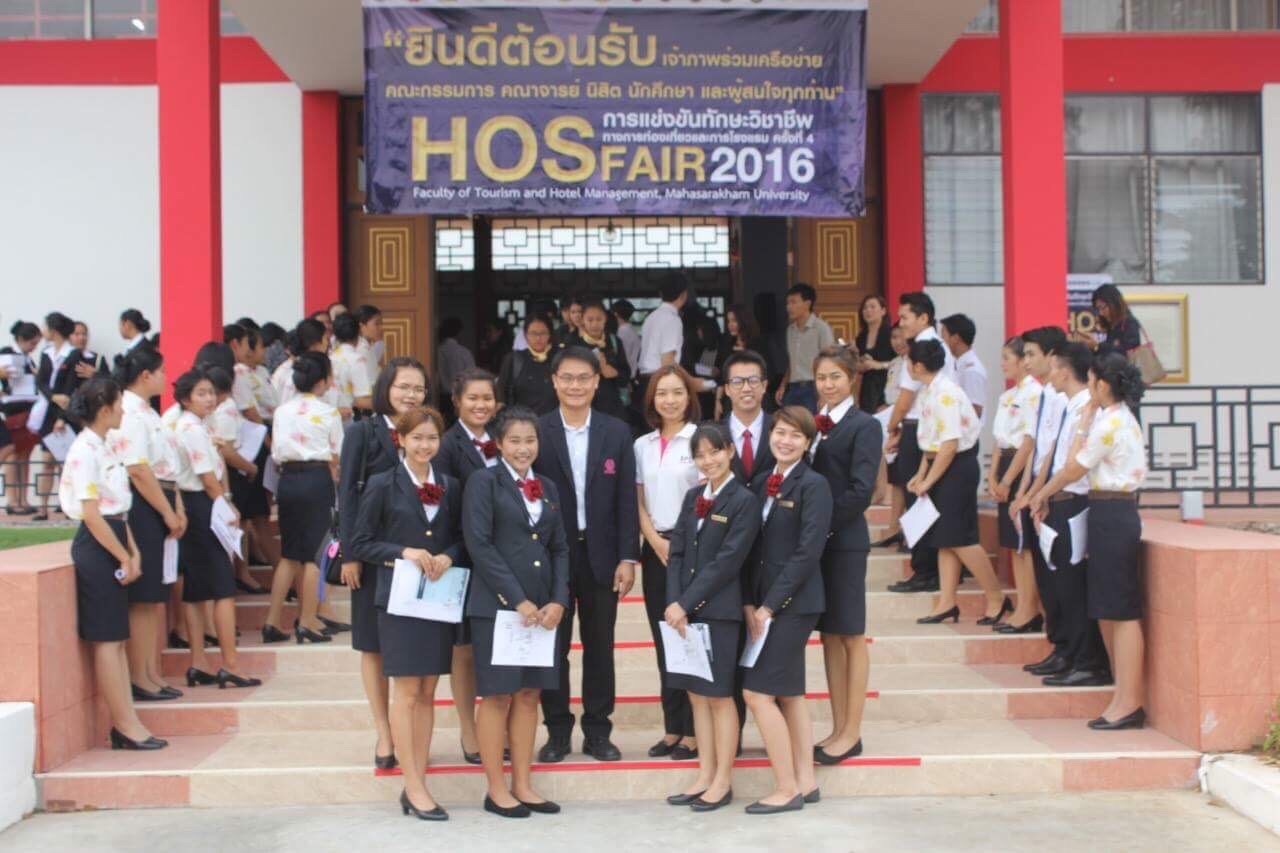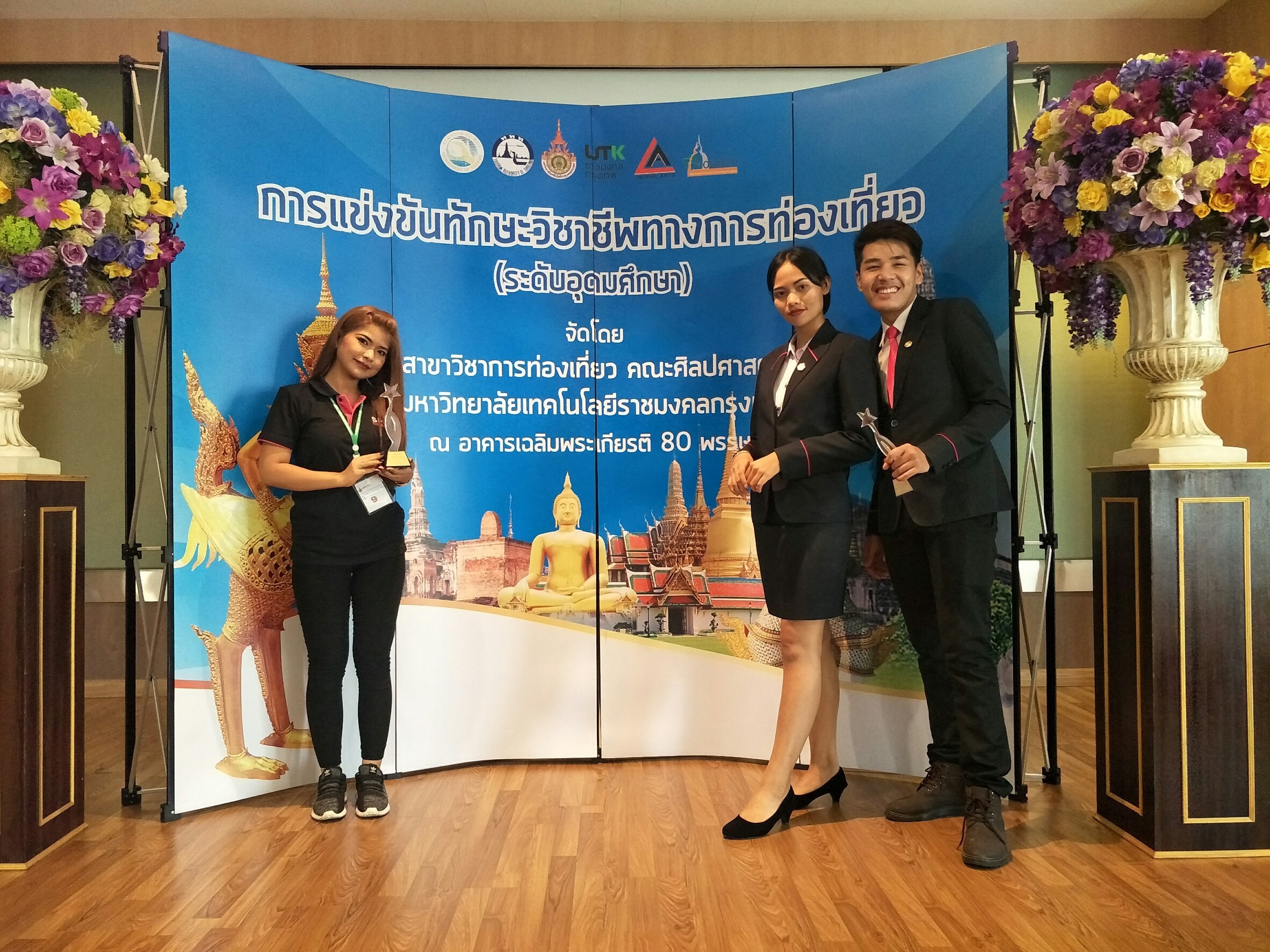บทความทางวิชาการ

A Development of Tools Enhancing 21st Century Skills for Thai Children and Youths to Prepare for ASEAN
Asst. Prof. Dr. Thanyawich Vicheanpant and Montree
A Development of Tools Enhancing 21st Century Skills for Thai Youths’ ASEAN Preparation
It is found in our research project, “A Development of Tools Enhancing 21st Century Skills for Thai Youths’ ASEAN Preparation,” that learning management to develop Thailand’s education in the new century must move toward cooperative learning and teaching process. “Learning process rather than knowledge” and “answer-finding process rather than answers” are proposed, both of which are based on three 21st century skills: 1) learning and innovation, 2) life and career, and 3) information, media, and technology.
This project is now in its third phase. In the first phase, the 21st century skill enhancing tools are developed by adopting the framework extracted from the lessons in the ASEAN Curriculum Source Book and the brainstorming discussion of 40 representatives of best teaching awarded teachers nationwide. To enable the learners to obtain the 21st century skills, the framework of learning from real practice, group work, and team work to create the learning process called “Learn How to Learn” is proposed. The important tools for school administrators and teachers are the 8-step 21st century learning process. This project makes use of a toolkit containing the following learning supporting tools:
- Academic administration strategies for school administrators,
- Tools for 21st century learning management, including:
- Teacher’s manual of the 8 learning steps, with an example of the learning management on rice through ASEAN cultures and languages,
- Books about general information on ASEAN
- Forms to walk teachers through the learning steps,
- A VCD containing an example of 4th to 6th graders’ learning management on rice through ASEAN cultures and languages, and
- A CD-ROM containing examples of scientific experiments, electronic books, tests, etc.
The toolkits are distributed to administrators and teachers from 40 pioneer schools, including those listed in the Quality Learning Foundation (QLF)’s “best teaching” database and those voluntarily participating in the project with an intention to change their schools’ ways of teaching and learning. These participants have been trained how to manage the 21st century learning and are ready to use and introduce them to their schools. The second phase of this project is conducted to examine the results of the tool application and expand the application network in each region of the country, beginning from pioneer schools and 100 additional interested schools. It is found, on completion of both phases, that the administrators, teachers, and students well accept the new teaching and learning model. The tools make the students more interested and happier in learning, and gain more 21st century skills. This leads to the third phase of the project, the tools’ follow-up and evaluation. This phase aims to improve the learning tools’ quality and efficiency and to design means to evaluate the learnt skills. To pursue our expansion policy, the tools are introduced to more schools adjacent to the pioneer ones, whose administrators and teachers are continuously developed to further train new participants in order to meet the project’s intention meant in the first phase.
The paper was presented in SEAMEO Congress International Conference 2014, which focused on Southeast Asia in Transition: Re-thinking Education, Science and Culture for Regional Integration. It was held on October 21-22, 2014 at Amari Watergate Hotel, Bangkok, Thailand.



